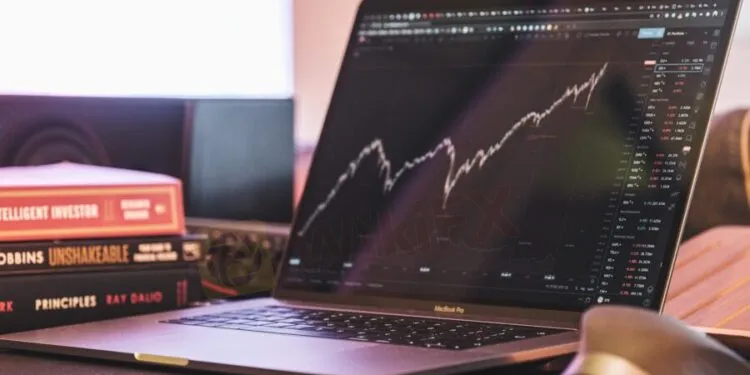简体中文
繁體中文
English
Pусский
日本語
ภาษาไทย
Tiếng Việt
Bahasa Indonesia
Español
हिन्दी
Filippiiniläinen
Français
Deutsch
Português
Türkçe
한국어
العربية
Just Dont Trade at This Specific Time!
Abstract:Life is all about timing. So goes with trading. In trading, you need to be aware of the best and the worst time to trade. And this is why you should never trade in said time. We all have those winning moments – from the smallest ones to the biggest ones. We all like the feeling it provides, right? It’s a high time for us, and we happily invite delusions to our mind. As a result, our sense of reality gets distorted. We tend to bloat things up and disengage from reality and create our own.

In trading, your winning moments can ironically work against you. You tend to generate false confidence within you that often leads to delusional decisions.
To make things clear, losing trades cannot be avoided. But what we want to emphasize here are the losses that you can actually avoid – losses that come from emotions. These things happen right inside of you which you are not aware of.
Why is a Win a Crucial Time to Tride?
It might sound a little ironic to know that after winning can be the most dangerous time to trade. But this fact is backed by a scientific basis that we need to understand.
There‘s a high feeling after winning a trade. It just feels good. Dopamine releases good chemicals in your brain when something happens that makes you happy. It’s a natural occurrence, but what makes it dangerous is when you become addicted to that feeling.
When you crave for more feel-good feelings, you tend to push yourself to disastrous trading decisions. This craving manifests when you, after winning, are more likely to over trade. You are more prone to making stupid decisions because your brain perceives less risk when theres a high level of dopamine. Your logic falls down, and you make it work in contrast to your trading strategy.

Disclaimer:
The views in this article only represent the author's personal views, and do not constitute investment advice on this platform. This platform does not guarantee the accuracy, completeness and timeliness of the information in the article, and will not be liable for any loss caused by the use of or reliance on the information in the article.
Read more

Gold Prices Fluctuate: What Really Determines Their Value?
Gold prices have been fluctuating recently, influenced by multiple factors. Since the beginning of 2025, gold has risen by 11%, hitting new historic highs multiple times in the first quarter.

Investors Beware! A Trillion Naira Wiped Out in a Week
Market takes a hit: a trillion naira wiped out—what happened?

Dollar Under Fire—Is More Decline Ahead?
The dollar faces its biggest decline of the year, strong-dollar logic challenged.

What Impact on Investors as Oil Prices Decline?
Oil prices have come under pressure amid mounting concerns over U.S. import tariffs and rising output from OPEC+ producers. With tariffs on key trading partners and supply increases dampening fuel demand expectations, investor appetite for riskier assets has cooled. This shift in sentiment poses a range of implications for different segments of the investment landscape.
WikiFX Broker
Latest News
Forex Trading: Scam or Real Opportunity?
The Hidden Tactics Brokers Use to Block Your Withdrawals
Beware: Online Share Buying Scam Costs 2,791,780 PHP in Losses
5 things I wish someone could have told me before I chose a forex broker
Unmasking a RM24 Million Forex Scam in Malaysia
U.S., Germany, and Finland Shut Down Garantex Over Money Laundering Allegations
Gold Prices Fluctuate: What Really Determines Their Value?
Dollar Under Fire—Is More Decline Ahead?
What Impact on Investors as Oil Prices Decline?
Is the North Korea's Lazarus Group the Biggest Crypto Hackers or Scapegoats?
Currency Calculator







